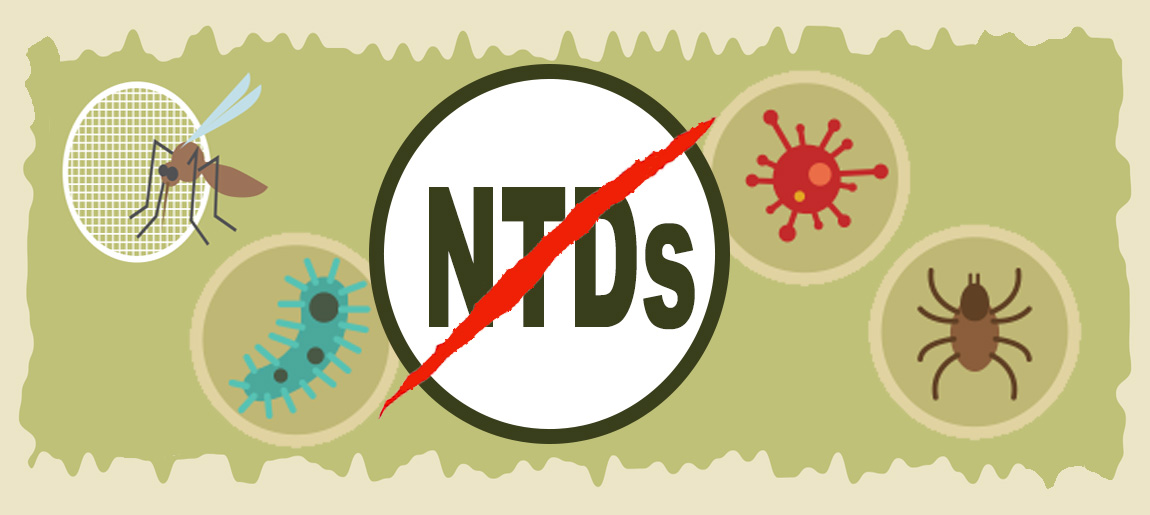‘Over 4 million Osun residents at risk of getting blind’
Experts from the Federal Ministry of Health yesterday warned that 4,405,812 people in Osun State are at risk of getting blind due to the prevalence of river blindness disease known as Onchocerciasis in medical terms. The National Coordinator, Neglected Tropical Diseases Elimination Programme, Dr Chukwuma Anyaike disclosed this at a 2-day Media Dialogue organised by […]

Experts from the Federal Ministry of Health yesterday warned that 4,405,812 people in Osun State are at risk of getting blind due to the prevalence of river blindness disease known as Onchocerciasis in medical terms.
The National Coordinator, Neglected Tropical Diseases Elimination Programme, Dr Chukwuma Anyaike disclosed this at a 2-day Media Dialogue organised by United Nations Children’s Fund (UNICEF) in collaboration with Child Rights Information Bureau, Federal Ministry of Information and Culture.
Anyaike said Onchocerciasis is one of the 12 prevalent Neglected Tropical Diseases (NTD) ravaging Nigeria.
He listed Lymphatic Filariasis, Trachoma, Soil-transmitted helminths, leprosy, buruli ulcer, Rabies, Human African Trypanosomiasis (Sleeping Sickness), Yaws and Snakebite envenoming among prevalent NTD in Nigeria. He said Guinea Worm was eliminated but still under surveillance.
Anyaike said Onchocerciasis is common where there is a fast-flowing river and that the organism, Onchocerca Volvulus is transmitted by the vector known as Simulium Damnosum (Black Fly). He said those infected must be treated every year to prevent them from getting blind.
The Programme Manager, Onchocerciasis Neglected Tropical Disease Division at the Federal Ministry of Health, Mr Michael Igbe said 3,442,249 people were treated in Osun in 2019 but that treatment was yet to be carried out this year due to the COVID-19 pandemic.
He said all local government areas in the state are affected and that Ola-Oluwa Local Government has the highest prevalence of 28.8 percent. However, Osogbo and Boluwaduro Local Government Areas with 23.8 and 16.6 percent prevalence were not treated because they were categorised as urban areas.
UNICEF Communication Specialist, Dr. Geoffrey Njoku charged the media to mainstream the issues around Neglected Tropical Diseases in Nigeria.
